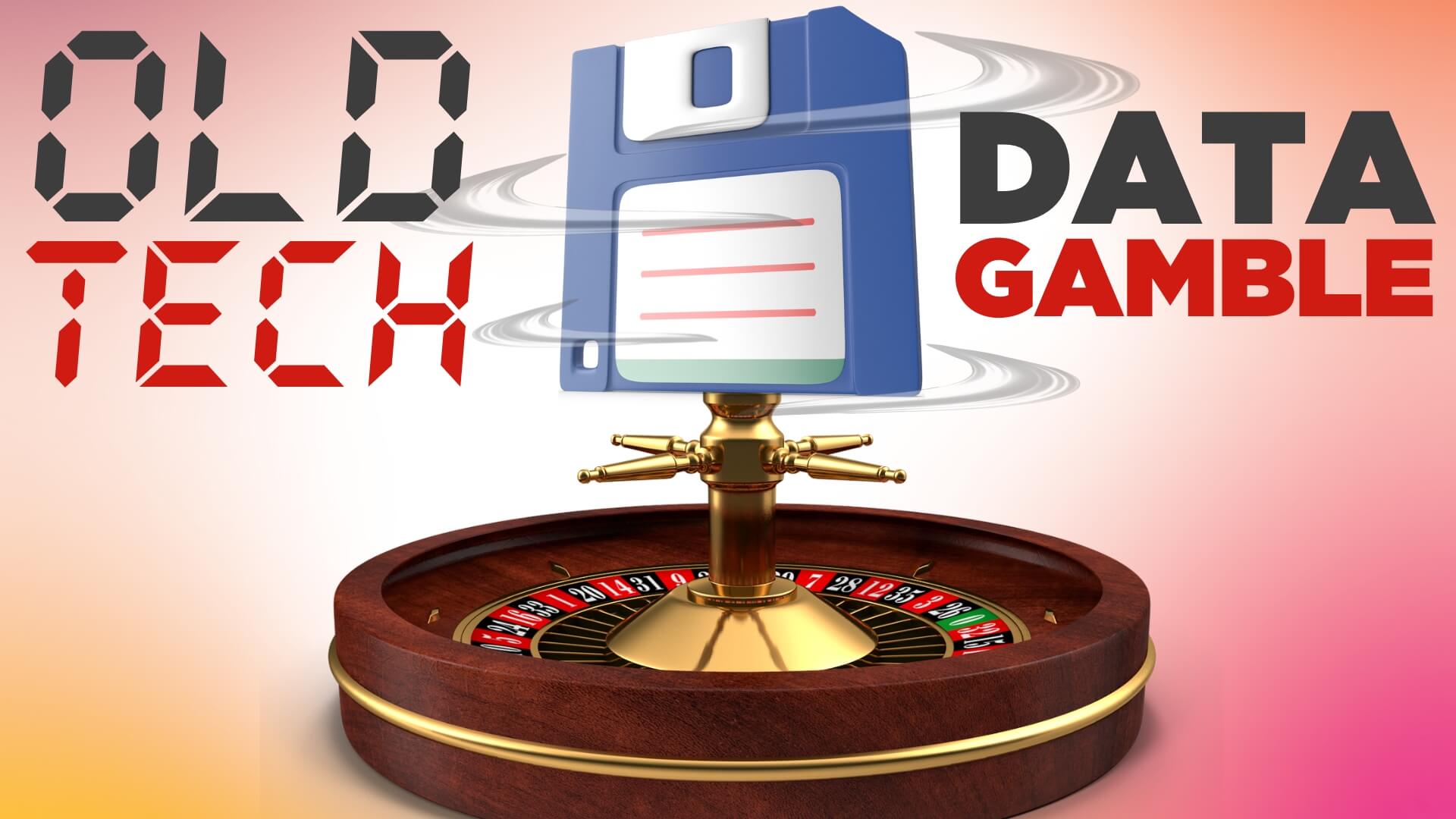When upgrading your computers or swapping out external storage devices, how do you manage the data they contain? Do you simply hit delete and discard them?
Such practices can expose your confidential information to potential threats.
A recent investigation led by an expert in data recovery reveals that countless recoverable files can be traced back to insufficiently wiped hard drives available for purchase on the internet.
But it is more than just legitimate buyers who may stumble upon your past files. Cyber thieves routinely purchase secondhand hard drives intending to extract data from them. This data might span from internal company documents to personal client information.
It's tempting to neglect old data when you're getting shiny new tech. However, the contents of that old hard drive should be your primary concern before selling or discarding it.
Even an encrypted drive is only partially immune to data retrieval. Additionally, even if the drive is faulty, there remains a likelihood that portions of the data could be resurrected. When dealing with confidential information, it's always best to err on the side of caution.
Consider this analogy: Would you scatter vital documents where anyone could read them? Certainly not! Your digital data should be granted the same degree of security.
So, how can you shield your data from exposure?
Ensure your outdated hard drives are kept from morphing into a security risk. Allocate time to wipe them or have them destroyed before disposal thoroughly. When it's time for an equipment upgrade, think about enlisting a professional to manage data migration and confirm that your old devices are thoroughly cleansed of data.
Adopting the services of a certified provider for device destruction is an effective best practice that can help significantly minimize the risk of data leaks. These providers strictly adhere to the guidelines outlined in the NIST 800-88 standards, specifically designed to ensure complete and secure data destruction on a wide range of digital storage media. (Meaning it’s good enough for the Government) Not only do they carry out the technical task of secure deletion or physical destruction, but they also provide a certificate of destruction, documenting the date and method of device disposal, for your records. This assures you that your old devices and the sensitive data they contain have been dealt with properly.
This isn't merely a self-protection measure. It's about safeguarding your employees, clients, and anyone else whose personal details might have been saved on that ancient drive.
It's a worthwhile investment in your data security plan, providing peace of mind and protection against potential data breaches.
Don't gamble with your data - proactively secure it:
- Thoroughly erase or physically destroy old hard drives
- Employ a professional when upgrading your hardware
- Revamp your overall security protocols
If you need help with data destruction, get in touch today.
